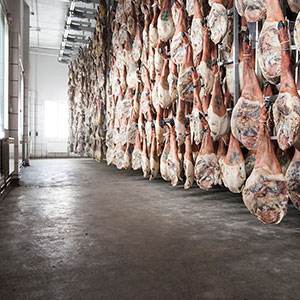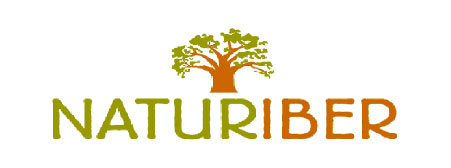Shipping Policy
1. Purpose
This policy outlines the standards and protocols for procuring, storing, processing, and distributing Spanish frozen meat products, including beef, poultry, pork, and related animal proteins. It ensures full compliance with EU regulations, international food safety standards, and the company’s commitment to quality, hygiene, and traceability.
2. Scope
This policy applies to all departments involved in:
Procurement of meat products from Spanish suppliers
Cold storage and warehousing
Transportation and distribution
Export/import handling
Quality assurance and compliance monitoring
3. Product Categories
Covered under this policy are:
Frozen Beef Cuts (e.g., brisket, chuck, steak, liver)
Frozen Chicken (whole, fillets, wings, drumsticks)
Frozen Pork (loin, ribs, belly, feet, offals)
Other Meats (lamb, turkey, duck – as applicable)
4. Approved Suppliers
All meat suppliers must be registered with EU-approved establishments.
Suppliers must provide valid health certificates, slaughterhouse approvals, and veterinary documentation.
Audits of Spanish suppliers will be conducted annually for compliance validation.
5. Food Safety & Hygiene
All products must meet or exceed EU Food Safety Authority (EFSA) and Codex Alimentarius standards.
Products must be free from hormones (in case of beef), antibiotics (within MRL), and contaminants.
Random microbiological testing will be conducted (e.g., Salmonella, Listeria, E. coli).
Use of HACCP, GMP, and ISO 22000 standards is mandatory in all cold-chain facilities.
6. Labeling & Documentation
Each frozen meat shipment must include:
Product name, origin (Spain), and cut type
Expiry date, production date, and lot number
Storage temperature (-18°C or below)
EU Establishment Number
Halal/Kosher certification (if applicable)
Original health certificates, commercial invoices, and packing lists must accompany every shipment.
7. Storage Conditions
All frozen meat must be stored at a core temperature of -18°C or lower.
Cold rooms must be monitored 24/7 with calibrated thermometers and digital tracking.
First-In-First-Out (FIFO) inventory rotation must be strictly followed.
8. Transportation & Logistics
Transport vehicles must be refrigerated and validated for meat transport.
Internal temperature logs must be maintained and verified during loading/unloading.
Frozen goods must not be exposed to ambient air for more than 5 minutes during transit.
9. Traceability & Recall
Full batch and lot-level traceability will be maintained from Spanish origin to destination.
In the event of contamination or product concern, an emergency product recall plan will be activated within 24 hours.
All movement must be logged in ERP systems with time-stamped records.
10. Legal & Regulatory Compliance
Comply with:
Regulation (EC) No 853/2004 – Hygiene rules for animal origin foods
Regulation (EU) No 1169/2011 – Food labeling
Regulation (EC) No 178/2002 – Food law and traceability
Ensure proper import clearance under customs codes (e.g., HS Code 0207 for poultry).
11. Quality Assurance & Audits
QA team will verify temperature, packaging integrity, labeling accuracy, and hygiene on arrival.
Regular internal audits and third-party certifications will be conducted.
Non-compliant shipments will be quarantined and reported to authorities if needed.
12. Sustainability & Ethics
Prioritize suppliers practicing humane animal treatment, environmental responsibility, and ethical labor.
Avoid sourcing from any supplier associated with illegal deforestation, animal abuse, or labor violations.
13. Training & Awareness
All staff involved in handling frozen meat must undergo annual food safety training.
Updated SOPs (Standard Operating Procedures) must be accessible at all storage and transport locations.









